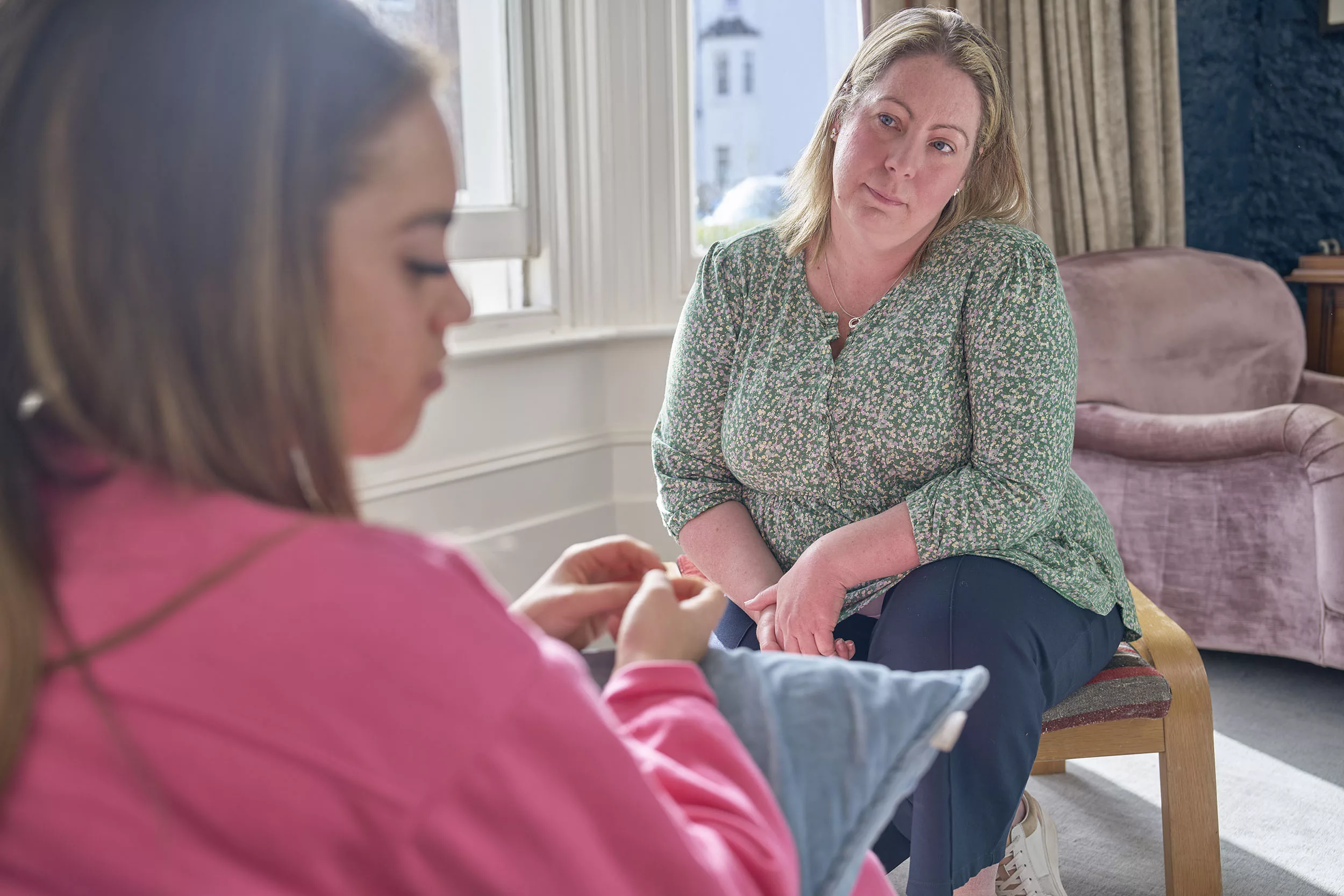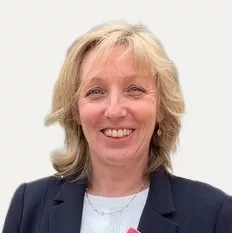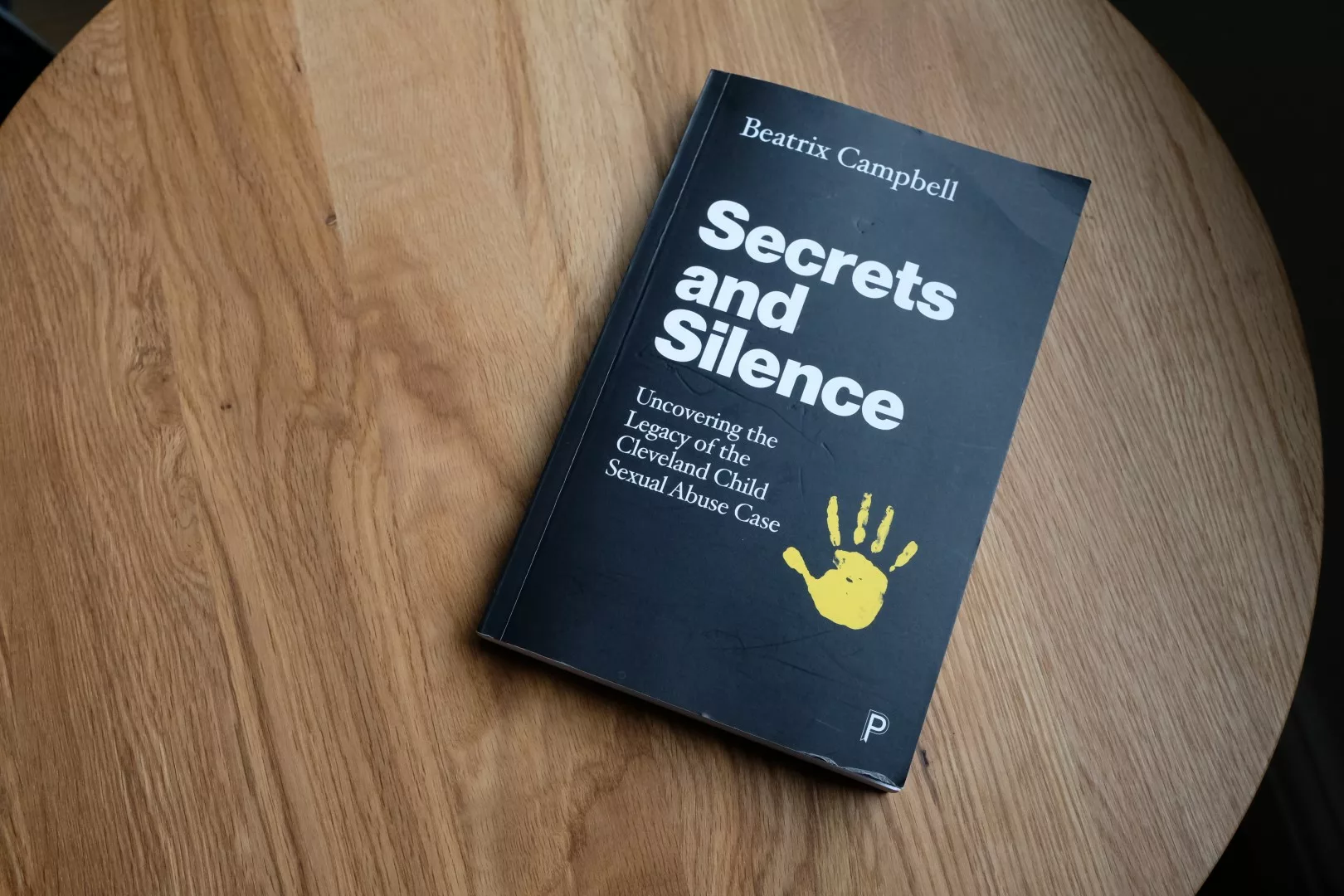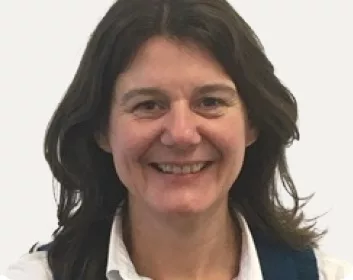Nick Marsh left the CSA Centre team in December 2020. Nick wrote this blog when he was in our team, we hope you find it interesting.
In this blog, our Practice Improvement Advisor for multi-agency working Nick Marsh considers different approaches to safeguarding young people outside the home and highlights the importance of continuing to explicitly name and address sexual abuse within the wider safeguarding agenda.
A shift in focus
Over the last decade we have seen a significant increase in services and interventions responding to the needs of young people experiencing sexual abuse outside of the home environment, with a particular focus on child sexual exploitation. During this time we have witnessed, by and large, a system-wide commitment to developing our collective understanding and approach to working with young people who are at risk of extra-familial harm. Our combined efforts, whether this has been from the world of research, social care, police, health, education or the third sector, have resulted in an increase in the number of specialist services which are working with partner agencies in a desire to become increasingly evidence informed.
The recognition of this previously ‘unseen’ abuse outside the home is of course a significant step in our ability to protect and support young people experiencing sexual abuse. At the CSA Centre we are particularly interested in how effective these relatively new approaches are at addressing child sexual abuse, and whether the response to child sexual abuse in all contexts is compromised or enhanced by the on-going transformation of local systems.
Although there have been many creative and effective local approaches developed in response to this call to action, two in particular have gained national traction; the University of Bedfordshire’s Contextual Safeguarding and Greater Manchester’s Complex Safeguarding. The two approaches and their relationship to each other are explained in this briefing on safeguarding during adolescence: “Complex Safeguarding is a different way of working with children and families to address non-traditional safeguarding issues, whilst Contextual Safeguarding offers an approach for working with contexts and communities. Recognising the importance of working to safeguard young people across transitions is a feature of both Complex Safeguarding and Contextual Safeguarding”. Whilst different in their focus, both Contextual and Complex Safeguarding approaches engage in the transformation of the ‘system’ response; reshaping services around the needs of young people, their families and crucially the environment (the context where the harm takes place).
Developing our understanding of effective responses
Our recognition, understanding and subsequent response to extra-familial child sexual abuse, and latterly extra-familial harm more broadly, is developing at pace. However, some of the commonly used tools and interventions that on the surface appear effective and intuitive are now understood to have significant limitations and possibly unintended negative outcomes too. The CSA Centre’s 2017 research on the use of tools and checklists to assess risk of child sexual exploitation highlights the potential for victim blaming narratives being formed when using assessments that link an individual’s behaviour to their abuse.
Also, more recently, Cardiff University’s ‘Keeping Safe?’ research, highlighted the need to have a deeper understanding of the impact of the interventions we provide. In this research Dr Sophie Hallett and colleagues explore some of the limitations and potential consequences of interventions such as ‘healthy relationships work’. Their findings indicate that work on healthy relationships solely as a child sexual exploitation intervention ‘did not have a positive impact for the majority of young people who received this support’ and that in some circumstances was actually associated with negative outcomes. The research suggests that if practitioners are delivering such work then due consideration needs to be given to the timing of this intervention and that it should be delivered within the context of a trusted and on-going relationship, as well as being accompanied by other support.
As services increasingly move towards new models of delivery it is vital that the sector continues to assess and evaluate their impact and remains alert and responsive to any potential unintended consequences. At the CSA Centre, we have a programme of work seeking to build our collective understanding on what effective practice looks like and how to measure it, including a research briefing and a practical guide for services on measuring their effectiveness.
In this respect, it is encouraging that the developing knowledge base on extra-familial child sexual abuse has generally been well responded to across the multi-agency spectrum (police, social care, health and education). It has informed the shape and scope of numerous services across England and Wales, resulting in attempts to develop more sophisticated and evidence-informed responses for young people. This is possibly most evident in the move away from a reliance on psycho-educative interventions (such as ‘healthy relationships work’) and risk-based work as described above. Many services are now moving towards interventions that focus on the quality of the relationship between the worker and the young person/family and interventions that consider the overall wellbeing of the young person, as well as wider-contextual factors.
Learning lessons and moving forward
As the sector’s focus widens to include other types of exploitation and harm, we need to ensure that we do not further dilute attention away from sexual abuse. If anything, perhaps now is the time to redouble our efforts in this regard. The sexual abuse of young people occurs in many contexts, both inside and outside of their home. Whether this is contact or non-contact sexual abuse; whether this is perpetrated by a family member, someone they know or a total stranger. Sexual abuse takes place on-line, between peers, via the sharing of indecent images, as part of gang culture (initiation, involvement and retribution), and as punishment and control within the context of ‘County Lines’.
In moving towards a more holistic response to young people’s needs, services are broadening their approach in a way that should allow for a more individualised offer to be provided, one that works alongside a range of other factors at play in a young person’s life. But in doing so, we must be careful that this response remains robust and that child sexual abuse is not lost in the wider consideration of extra-familial harm. If sexual abuse has occurred, we need to name it as such. At the CSA Centre, we are working closely with services that are developing and leading the way in this area of practice, and supporting work to ensure that a more holistic response to extra-familial harm continues to provide robust, tailored support for children experiencing sexual abuse,
Reflecting back on the lessons learnt over the past ten years, one other notable point includes our uneven response to extra-familial child sexual abuse. Certainly our initial response, and, arguably, our continued response to extra-familial child sexual abuse has not adequately addressed already established gaps in our collective knowledge and service delivery when considering the needs of young males and young people who are disabled, LGBTQ+ and/or from Black, Asian and other minority ethnic groups. As we move forward it is absolutely vital that we consider how exploitation and harm caused outside of the home affects all young people. Considering how an individual’s characteristics and identity intersect, interact and influence the risks they are exposed to, the framing of their experiences and the services they receive.
As professionals, it is our responsibility to be alert to the signs of sexual abuse in its many forms and contexts and to clearly and explicitly name and respond to the abuse children and young people have experienced. The CSA Centre continues to work with partner agencies across England and Wales to ensure the sexual abuse of children remains high on the professional agenda. For example, we are currently working on the Working to Increase Safety in Exploitation (WISE) project in Greater Manchester along with several partners (GM complex safeguarding hub, Greater Manchester Police, The Children’s Society, the ten GM local authorities and the What Works Centre PINE Programme). This project is seeking to design a holistic approach, which focuses on wellbeing, to replace the use of risk focused assessments in complex safeguarding and extra-familial contexts. If you want to find out more about our involvement in this project, or our wider work, please get in touch.








